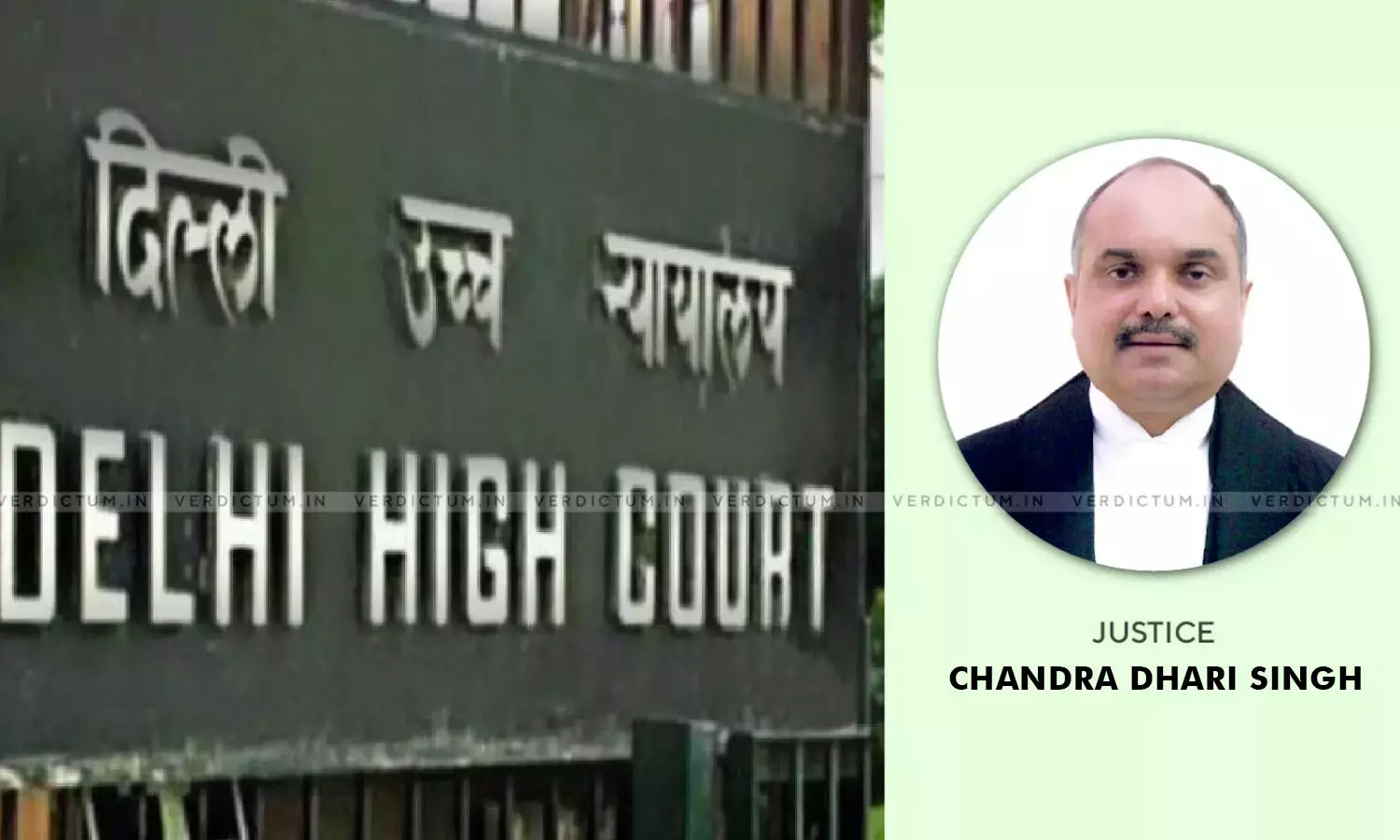
Private/Minority Unaided Schools Bound To Implement Pay Commission Recommendations: Delhi HC
 |
|The Delhi High Court observed that private schools including minority unaided schools must implement the recommendations of the Sixth and Seventh Central Pay Commissions (CPC) and pay their teaching and non-teaching employees the mandated salary and other benefits.
The Bench of Justice Chandra Dhari Singh ordered the Delhi Government to constitute high-powered committees to deal with the claims of the staff from schools in a time-bound manner.
The court observed: "The unaided minority schools are duty bound to pay their employees as per the recommendations of the Pay Commissions along with the pending arrears. The employees of the unaided minority schools have a vested right to claim the arrears and dues in accordance with the Pay Commission"
In that context, it was said that, "it is a sorry state of affairs that the staff of the school instead of contributing towards the education of the children, are before this Court seeking payment of their salary and emoluments as per Pay Commissions recommendations, which they are duly entitled to. Various judgments have been passed by this Court pertaining to the implementation of the recommendations of the Pay Commission, however, the same has not been implemented till date due to the issue of lack of financial resources with the schools."
It was further said that, "this Court is directing the Government of National Capital Territory of Delhi to constitute a High-Powered Committee‘ unless the same is already constituted, to supervise the implementation of recommendations and guidelines prescribed in the 6th and 7th CPC with regards to the salaries and arrears thereto, retirement/terminal benefits, arrears of allowances etc. and to draw up a plan of action which may help in achieving results at the ground level. The various stakeholders are also directed to render full cooperation to the aforesaid High-Powered Committee bearing in mind that the issues being examined is the one which concerns all and sundry."
Counsel Nikhilesh Kumar, among others, appeared for the petitioner, while Counsel Samdarshi Sanjay, among others, appeared for the respondent.
In this case, the Court dealt with a batch of petitions filed by various staff working in private unaided schools and recognised private unaided minority schools seeking benefits of the sixth and seventh CPC along with arrears and retirement benefits.
The Court observed that the regulating authority has to exercise certain control to ensure that a uniform quality of education is provided to every student in the country. In that context, it was said that, "Education is an invincible weapon for empowering the next generation of the nation and the nation by of regulation authority has to exercise certain control to ensure that there is uniform quality of education is provided to every student of the country. The aspect of autonomy in administration of unaided or aided school therefore, does not come into play since the state has to ensure that there is quality education provided to the children."
Further, the Court directed that the committee shall be constituted at the central and zonal levels and also directed the Directorate of Education (DoE) to issue a notification within two weeks for the purpose of convening a zonal committee, wherein various stakeholders, including teaching and non-teaching staff of several schools, who are aggrieved by the non-implementation of the Pay Commission, shall file their claim.
It was also clarified that derecognition of the school was not a solution as it would have an adverse effect on the children studying in the school and employment of the staff of the school.
Subsequently, it was also clarified that since the facts and circumstances are peculiar to each stakeholder, therefore, the said Committee before passing any order, is directed to scrutinize the various aspects and only after due assessment of the eligibility, validity of appointment, amount, period of calculation, revision of fee etc., it shall pass the orders.
Cause Title: Anjali Vaid & Ors. vs Adarsh World School & Ors.
Click here to read/download the Judgment